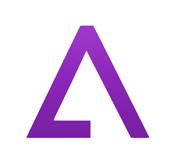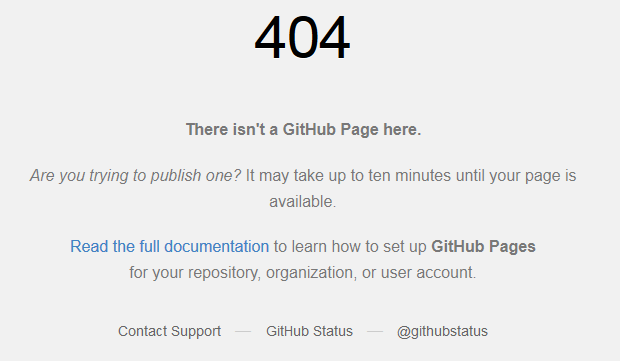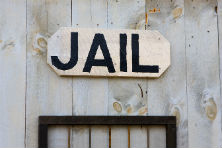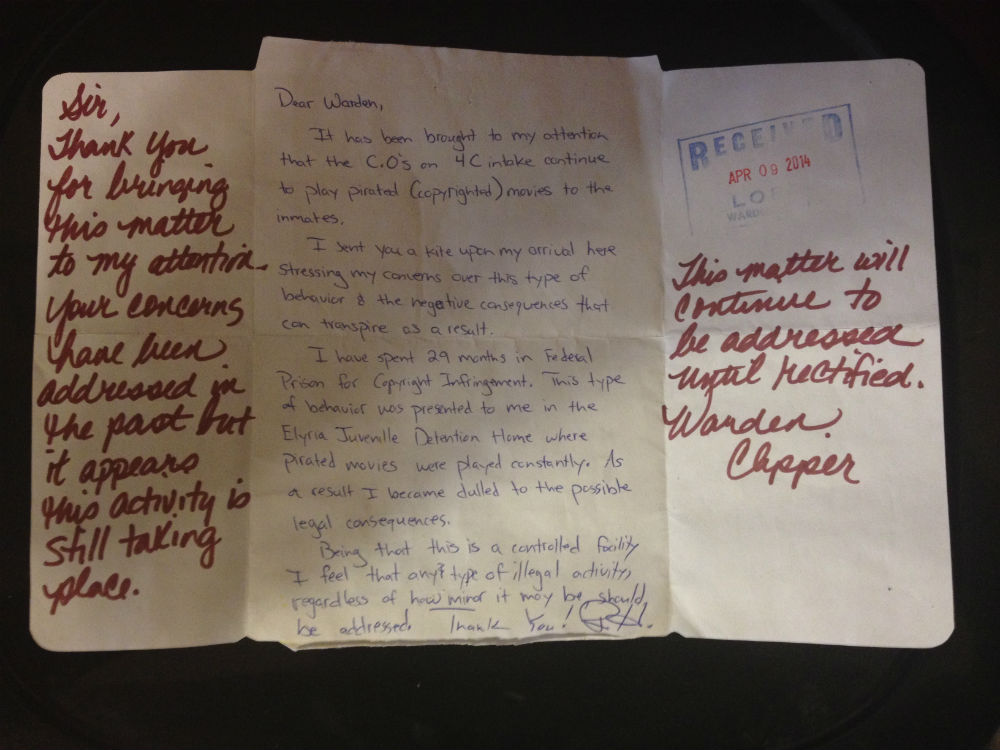Encrypted Internet Traffic Surges in a Year, Research Shows
mercredi 14 mai 2014 à 16:37 Over the years we have been following various reports on Internet traffic changes, mostly focusing on file-sharing traffic.
Over the years we have been following various reports on Internet traffic changes, mostly focusing on file-sharing traffic.
A new report published by Sandvine this morning sheds light on the most recent developments. As in previous years, the trend is one of BitTorrent losing its share of peak Internet traffic in the U.S. while continuing to grow in Europe.
However, there is a far more interesting trend hidden in the report, something which the traffic management company itself appears to have missed entirely. Comparing this year’s data to that of last year reveals that encrypted Internet traffic is booming.
The change is most pronounced in Europe where the percentage of encrypted Internet traffic during peak hours quadrupled from a measly 1.47% to 6.10% in a year. Since overall Internet traffic increased as well, the increase is even greater for the absolute bandwidth that’s consumed.

In North America the percentage of encrypted Internet traffic during peak hours increased as well, from 2.29% early last year to 3.80% this year.
Keeping in mind that absolute Internet traffic increases between 20% and 40% each year the bandwidth consumed by encrypted traffic doubled in this period.
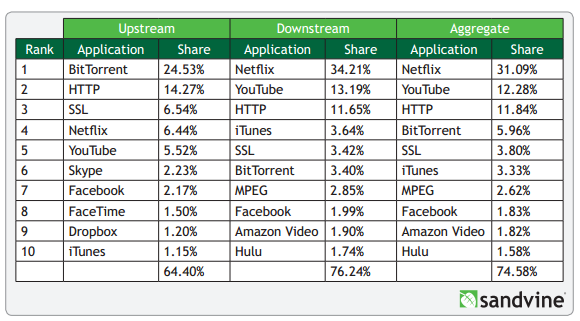
The increase in encrypted traffic is a global phenomenon. In Latin America the share of bandwidth consumed by SSL shot up from 1.80% to 10.37% in a year. Also, a similar pattern emerges on mobile networks, where encrypted traffic is also booming.
The changes in encrypted traffic can be directly linked to the surveillance revelations of Edward Snowden. As a result, the number of users of VPN services and other anonymizers increased sharply. In addition, Google and other web services turned on SSL by default.
In previous years we revealed a similar trend among BitTorrent users, who increasingly searched for options to hide their download footprints in response to anti-piracy measures. A survey among Pirate Bay users, for example, revealed that 70% utilize a VPN or proxy, or are interested in doing so in the future.
It will be interesting to see how these trends develop in the years to come. In any case, it’s clear that Internet services and their users are becoming more aware of their privacy online, which is generally a good development.
Source: TorrentFreak, for the latest info on copyright, file-sharing and anonymous VPN services.

